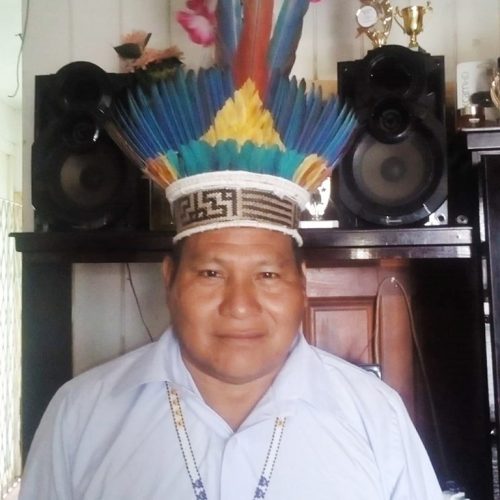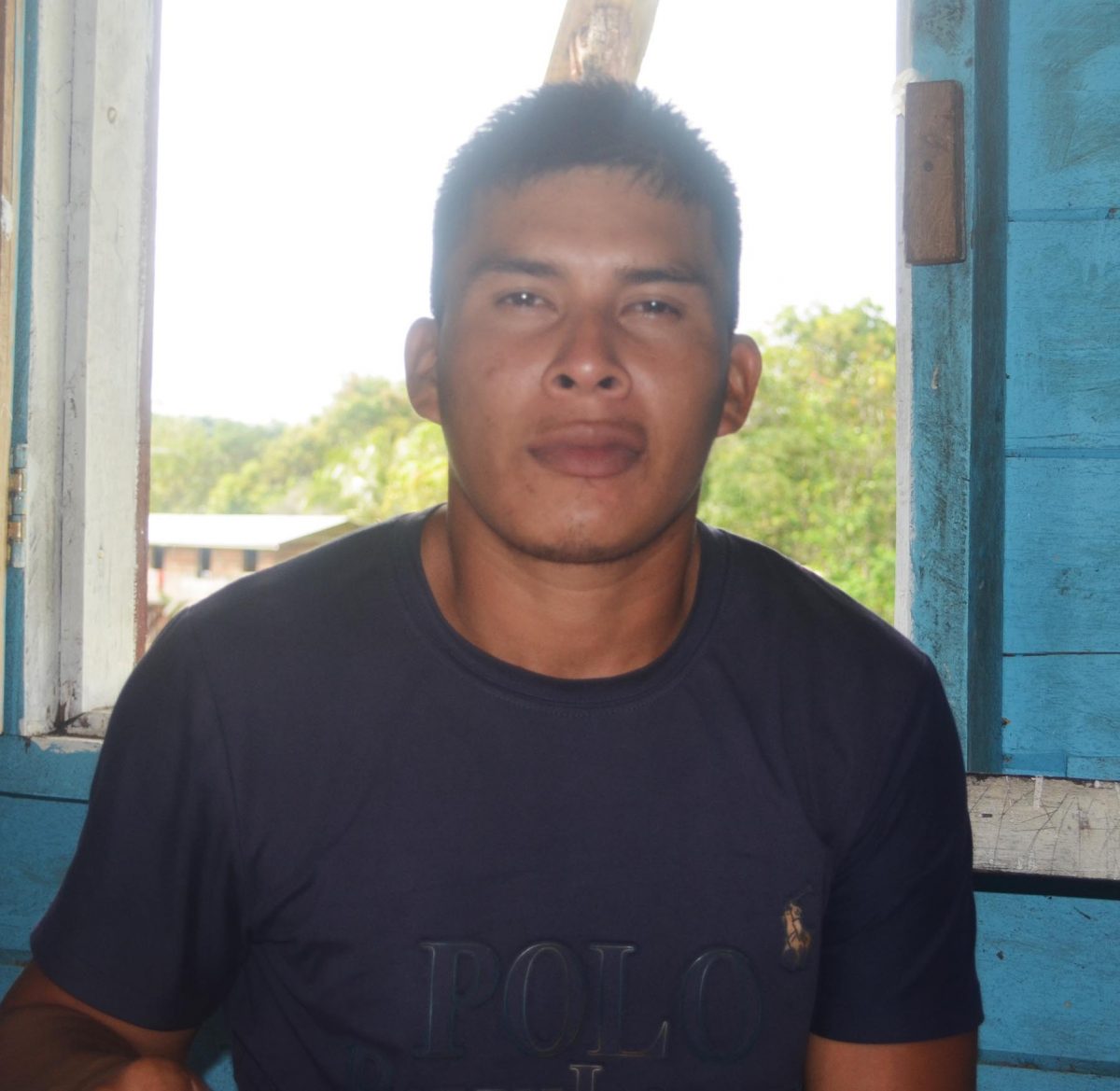With supplies of basic household items running low in the remote communities of the Parabara and Masakenari in Deep South Rupununi, Toshaos Richard Andrews and Paul Chekema are appealing for relief packages for their villages.
These indigenous communities are located close to the Guyana/Brazil border in the Upper Takatu/Upper Essequibo region.
In a recent interview with this newspaper, the toshaos explained that with the COVID-19 pandemic present in Lethem and Brazil, it is difficult for villagers to source necessities such as hygiene products, food supplies, and other essential items. Prior to COVID-19, villagers were able to source necessary items from Brazil or Lethem but since the virus has been widespread, villagers have avoided travelling.

The village council has taken up the task of stocking the village shop with essential items but with many persons currently unemployed, it has become difficult for them to pay for items.
“Our village received the COVID-19 cash grant but that was a few months ago and now we are back at square one. I think the Ministry of Amerindian Affairs and the Civil Defence Commission should step in and give us some assistance,” Richards said when asked how the COVID-19 pandemic has affected the village.
During a recent visit to the village by this publication, most persons explained that it was difficult to source hygiene products as they were either not available or there was no money to make purchases.
“All I have is two pieces of soap remaining. We normally catch fish or take what we farm and sell to the miners in Marudi but now they not mining and we have nowhere to sell and get money,” a villager from Parabara had lamented as she too opined that the community should benefit from some assistance.
Meanwhile, Chekema of the Wai-Wai-populated community told this publication that even though they have not recorded any COVID-19 cases and their monitoring against persons travelling remains strict, “the pandemic has extremely affected the life of our village.”
“We are in need of food stuffs and sanitisation products. We do have needs like soaps and those other cleaning stuff. No Colgates [toothpaste]. We received some hampers in January but by now that has finished and we don’t have jobs so we don’t have money to buy what we need,” Chekema explained before emphasising that there is a need for batteries. The batteries are used to power the torchlights for rangers to patrol the borders in a bid to combat persons crossing illegally.
Chekema said further that he that he has requested assistance from the Ministry of Amerindian People’s Affairs but they are yet to receive some assistance.
In a previous report, the toshao had explained that Masakenari is isolated from the rest of Guyana and it takes residents approximately six days to travel from the village to Aishalton. Given the location of the community, he said, they would rarely see any strangers from other parts of the country. Normally, he added, persons would go into the community to hold religious gatherings but since Guyana confirmed its first case of coronavirus, no one has visited the community.
During 2020, the Civil Defence Commission had provided a number of relief supplies to at least 60 households in Masakenari.





